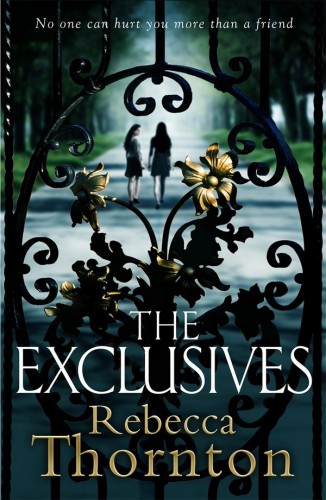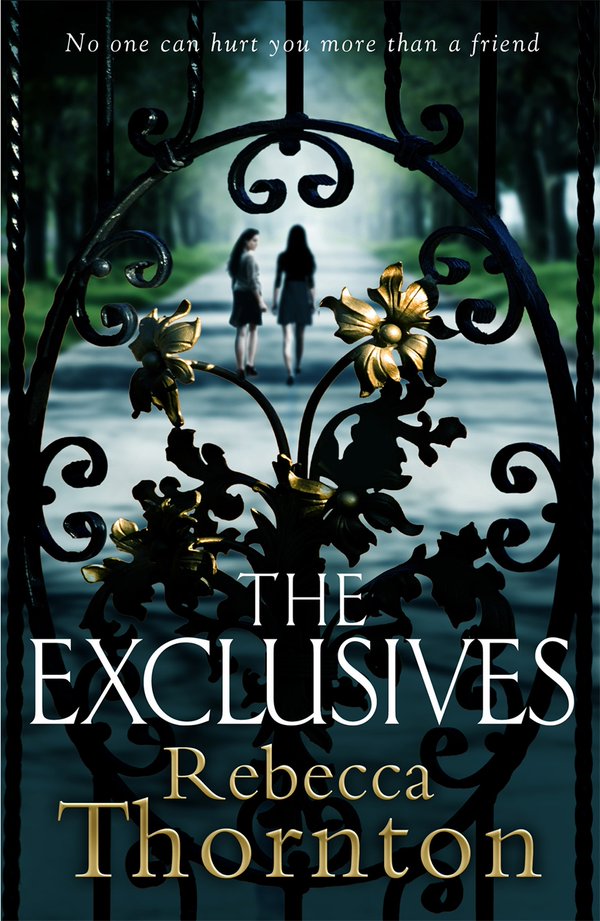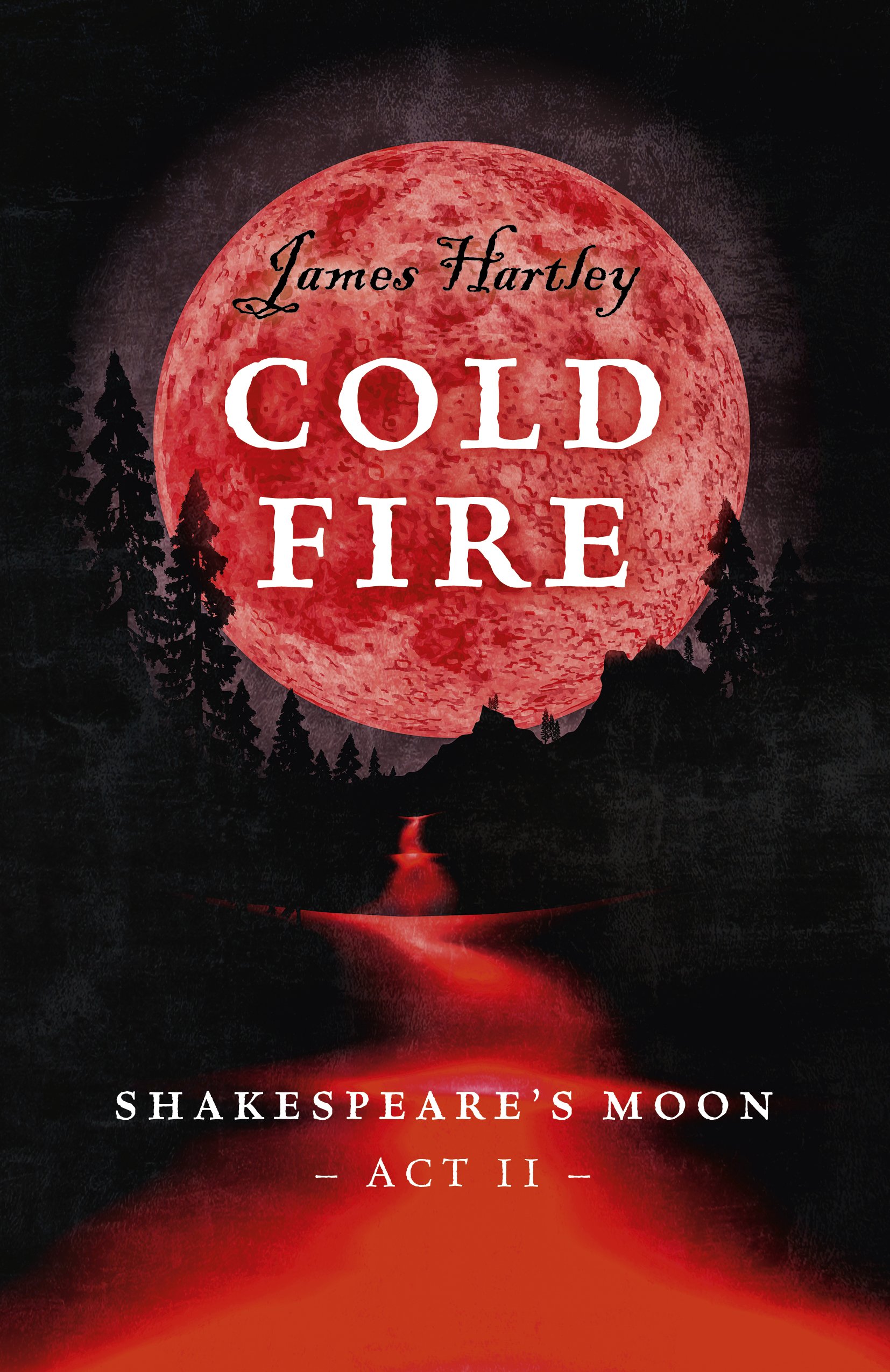
A really good friend can make a frightening enemy.
‘The Exclusives’ explores this premise: what happens when best friends betray each other? How far might they go to harm each other and secure their own futures?
This is former journalist Rebecca Thornton’s debut novel and today her blog tour visits Buried Under Books, which means I get the chance to indulge my curiosity about some of the decision making that went on during the writing process.
——————————————————————————————————
E.H:
Congratulations on the publication of your debut novel, ‘The Exclusives’. It’s a powerful read and an interesting insight into life in an all-girl’s boarding school, whilst also addressing mental health issues and the need to resolve significant life events properly before moving on.
It is a very dark and emotional read. Did you find it draining to write about Josephine’s traumatic experiences and turbulent feelings? I can imagine that if I were writing this I might have needed regular tea and biscuit breaks!
Rebecca Thornton:
Yes – I think the need for breaks were plentiful! I did find it quite draining, in that writing the book gave me terrible insomnia. Perhaps I didn’t realise at the time quite how much Josephine’s journey affected me. I found the actual process of writing the book very meditative. It was only when I stopped and put away my computer that I felt totally discombobulated.
I do remember taking a walk down in Richmond one day and immersing myself fully into Josephine’s character. That meant thinking like her, walking like her, talking like her. Firstly, I’m not quite sure what my friends thought of me that day and secondly, it made me feel quite shaky afterwards! I definitely sat down and watched countless episodes of Keeping Up With The Kardashians after that. With lots of tea and biscuits.
E. H:
That does sound like quite an overwhelming experience!
Boarding schools, as depicted in ‘The Exclusives’, are fascinating places: academically challenging, actively concerned with mentoring students, a hotbed of intense friendships and a breeding ground for rebellion. I understand you attended an all girls’ boarding school; what inspired you to write about events in one? And how did your time there affect you?
Rebecca:
I was inspired to write about a boarding school because I’m totally fascinated by the dynamics of female friendships. And I thought what better place to write about that, than somewhere were a load of girls are stuck in one place, unable to leave. (At least in my experience. We weren’t really allowed out much.) So the boarding school was more of a setting to explore that, really.
I went back to my school last month to talk about the book, and was overwhelmed that none of the feelings I had when I was there, had disappeared. So in answer to your next question – I think my time affected me in that it gave me more empathy. At the time, I was not very engaged with the academic side of things, so I had to hone in on something, which was the social side.

Rebecca Thornton – possibly reflecting upon boarding school life!
I think also, being stuck behind those walls, boarders forget how much of a privilege it is to have access to incredible facilities and education so that definitely affected the way in which I now look at the world. For some, boarding offers stability from a wobbly home life. For others, it is an emotional wrench to leave the family nest, so I think how it affects one very much depends on the personal home life situation.
E. H:
It gradually becomes clear that there was a lot Josephine didn’t understand about Freya, despite being her best friend. In fact, she consistently misjudges Freya’s thoughts and actions, largely because she is so overwhelmed by her own. Do you think this is a uniquely teenage situation, or are adults equally guilty of interpreting the words and actions of even those closest to them in light of their own concerns?
Rebecca:
I read that teens behave differently because there’s a lag in development between different parts of their brain. That, along with navigating social expectations and going into adulthood, is a lot to cope with. With Josephine, I think the fear got too much. I think, though, that adults are definitely guilty of doing the same thing. Projecting their own emotions onto situations. By the time you are an adult though, it gets harder to change those defaults!
E. H:
That’s a fascinating article, though (as a parent) possibly a little scary in its conclusion!
Your title – ‘The Exclusives’ – suggests the paramount important of Josephine and Freya’s relationship in the novel. Did you consider (m)any other titles or did this one strike you as meaningful early on in the writing process?
Rebecca:
The title came to me when the book was a romantic comedy! Originally, the book was going to be a re-telling of the film, Never Been Kissed and the title was going to just be ‘Exclusive!’
Originally, the book was going to be a re-telling of the film, Never Been Kissed and the title was going to just be ‘Exclusive!’
Never Been Kissed was one of my favourite films and I was obsessed with it when it came out. My best mate and I went to see it eight times at the cinema. Josephine was going to be an undercover reporter sent to a boarding school, to expose some huge ‘exclusive’ scandal. The book then went a very different direction. The title was still appropriate, both with the exclusive friendship between Josephine and Freya, and the exclusivity of the school but my good old husband suggested the change to fit better with the style of the novel.
E. H:
That is quite a change of direction! And it’s interesting to consider how relatively small changes to the title imbue it with very different shades of meaning.
Josephine is terrified she will inherit her mother’s mental health issues and this drives many of her actions in the novel, but she doesn’t seem to consider what she might have inherited from her father. How do you see their relationship affecting the adult Josephine?
Rebecca:
I love this question, as it wasn’t something I had consciously thought of too much whilst writing the novel. I think their relationship really affected the adult Josephine, in that her father was so busy battling his own demons about his wife, Josephine felt she couldn’t burden him. So they both ended up internalising stuff, which was really sad and isolating for them.
They get closer towards the end, though, when they are confronted with everything they’ve been through.
E. H:
Speaking of the ending, ‘The Exclusives’ is cleverly structured towards what readers can anticipate will be a dramatic showdown, but in the final pages we pull right back from Josephine and are left to speculate about her future. It’s hard to imagine a Josephine not racked with anxiety; do you think she will be able to make meaningful changes to her life?
Rebecca:
Oh I hope so, I really hope so. I think the end is redemptive, and Josephine as a character is remorseful and self-reflective enough that she could make those changes to herself. I dread to think what would happen if she couldn’t!
E. H:
Certainly the ending suggests she could make positive changes, but I love that as her creator you see possibilities rather than one definite outcome.
Thank you for your responses.
Rebecca:
Thanks for having me on the blog.
——————————————————————————————————
Want to know more about the book? I’ll post a review soon (how soon mostly depends upon how much napping my darling daughter decides to indulge in this week), but you can learn more by visiting the other blogs involved in the tour – see below!

Blog tour: author interview
Many thanks again to Rebecca Thornton for taking the time to answer my questions and for making Buried Under Books a stop on her blog tour.


